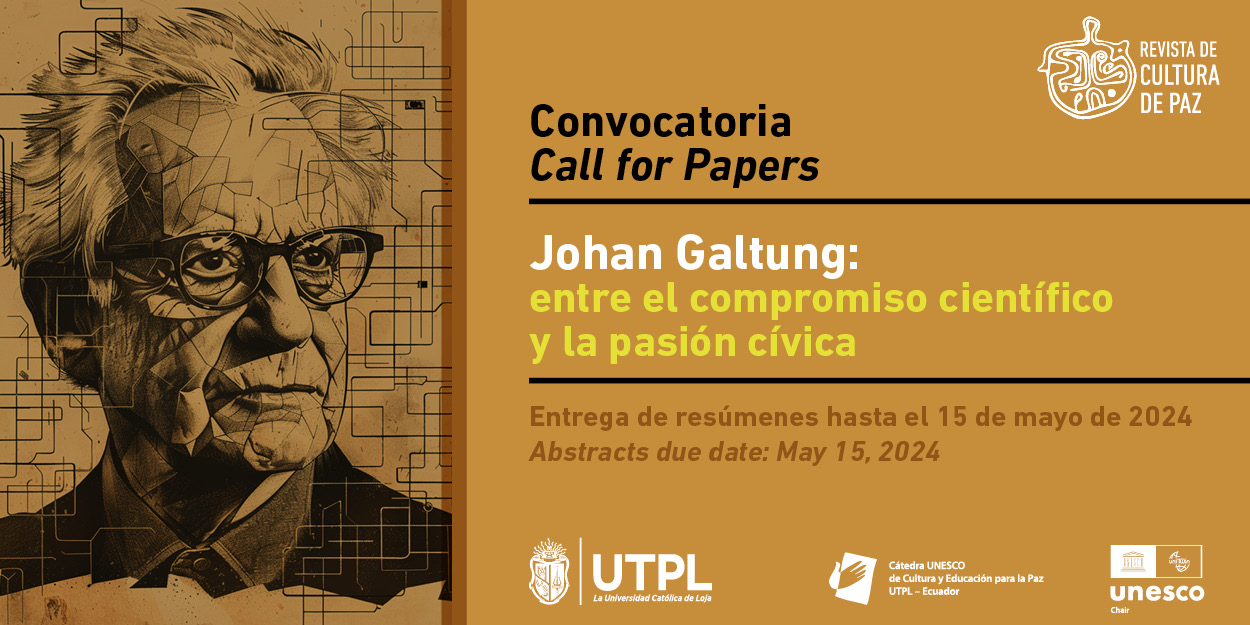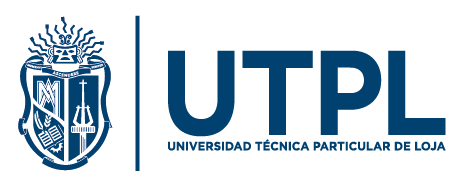Johan Galtung: between scientific commitment and civil passion. Call for Papers vol. 8
Send to: (Guest Editor) Tiziano Telleschi (telleschi@gmail.com) y Francisco Jiménez Bautista (fjbautis@ugr.es)
- Abstract due date (300 words): May 15, 2024
- Acceptance reply: June 15, 2024
- Manuscript due: October 30, 2024
- Accepted languages: Spanish, English, Italian, French, Portuguese
————————
————————
No author in the field of Peace research has been loved or cited in recent decades as much as Johan Galtung. Considered an expert vision by several generations of peace researchers, Galtung finally made it possible to read conflict and violence in relationship based on the principles of nonviolence. He initially approached non-violence and the work of Gandhi - mentored by Arne Naess - during his academic studies in Norway. This led him to commit himself to social justice (thus to the search for obstacles to be removed and opportunities to be enhanced) and on the other hand to cultivate the topic of 'ecosophy', which later became the relationship, or rather the interdependence, between the environment and alternative models of development. Galtung had the opportunity to corroborate such ideal tension to heal the world at Columbia University, where he arrived in the mid-1950s. Appointed to lecture in Charlotteville on racial segregation, he focused on the problematic importance of the human factor in social phenomena and the insufficiency of structural-functional sociology to grasp it (a personal position that he later named ´radical functionalism´). From this and the experience in Sicily with Danilo Dolci, he drew considerations on development models resulting in the concepts of basic needs and self-reliance in the 1970s and 1980s. The pivot point of his Peace Research is the idea matured from Chinese Taoism that the opposite of Peace is violence, not conflict, which instead, due to its intrinsic ambivalence as a destructive and at the same time constructive factor, should not be eliminated or caused to break out, but rather managed. Hence the concept that most distinguishes him is Positive Peace: a concept also ambivalent since it is nourished by the compatibility between certain positive means and controlled negative means (Negative Peace). It is also relevant the reformulation of the concept of civilization in a geo-political view, which Galtung links to cosmology or deep culture. This connection allows him to identify a common view of the world in entire populations (made up of conceptions of time, space, cause and also of person/nature, person/god relationships), and to declare that the diversity between cosmologies conditions the way in which conflict is perceived and transformed: here Galtung anticipates Huntington by hypothesizing conflictual relations between the three Western civilisations (Christianity, Judaism, Islam) and between these and the Eastern ones (Buddhism-Taoism), Latin American and other non-Western ones in any case, but also by envisaging an eclectic compromise. Still others are Galtung's contributions to Peace research, including the tripartition of violence into direct, structural and cultural, fundamental human rights, gender-based violence, restorative justice, disarmament, nonviolent defense, the role of elites, of peace movements and of supernational bodies, etc.
Galtung's toolbox is varied and capacious, we find mathematics and sociology combined with the epistemology of Buddhism and Taoism and the comparative analysis of cultures and societies, which has made him appreciated as an undisputed mediator, trainer and consultant at countless study centres and international organisations.
Penetration of his openness to all sorts of interdisciplinary experimentation is everywhere, even in the pages of acclaimed scholars who, often shrewdly silent, take up his writings. Precisely because his multifaceted oeuvre is studied and utilised by many, we now want to ask with this Call which intellectual inspirations have become part of Galtung's conceptual workshop as a legacy. The question goes on: it is not so much a question of describing the Transcend Method that made Galtung world-famous, but rather of activating a debate on what is alive and what is dead of his oeuvre, of reconstructing the labyrinthine scientific and civic commitment path with a view to bring out whether and how Galtung's legacy - also in the light of interpretations by other scholars - is accompanied by what political and cultural project for a sustainable, possibly alternative, society.






